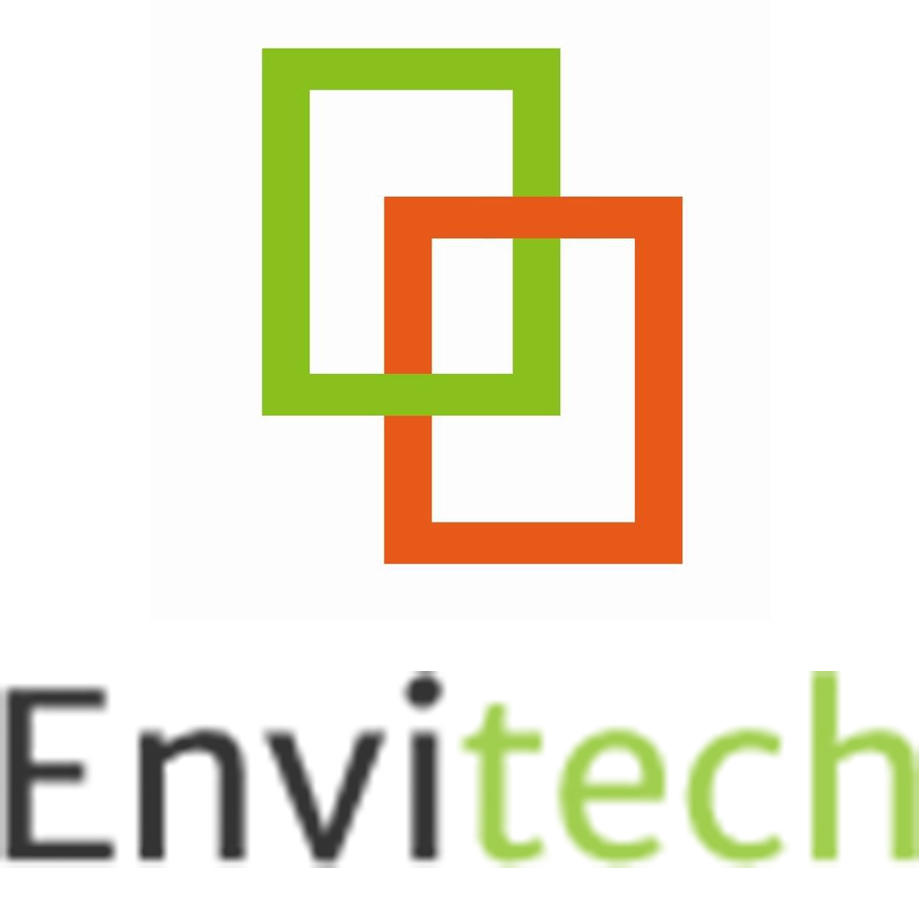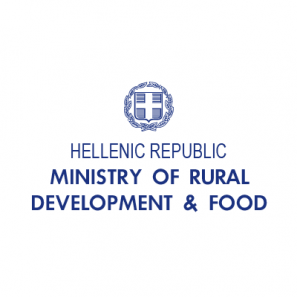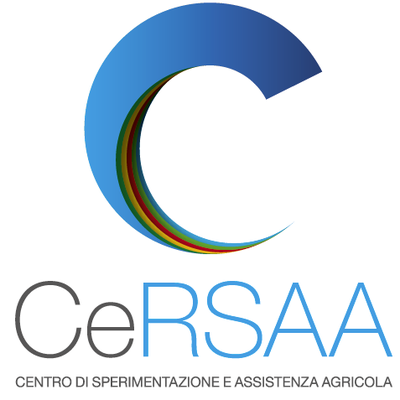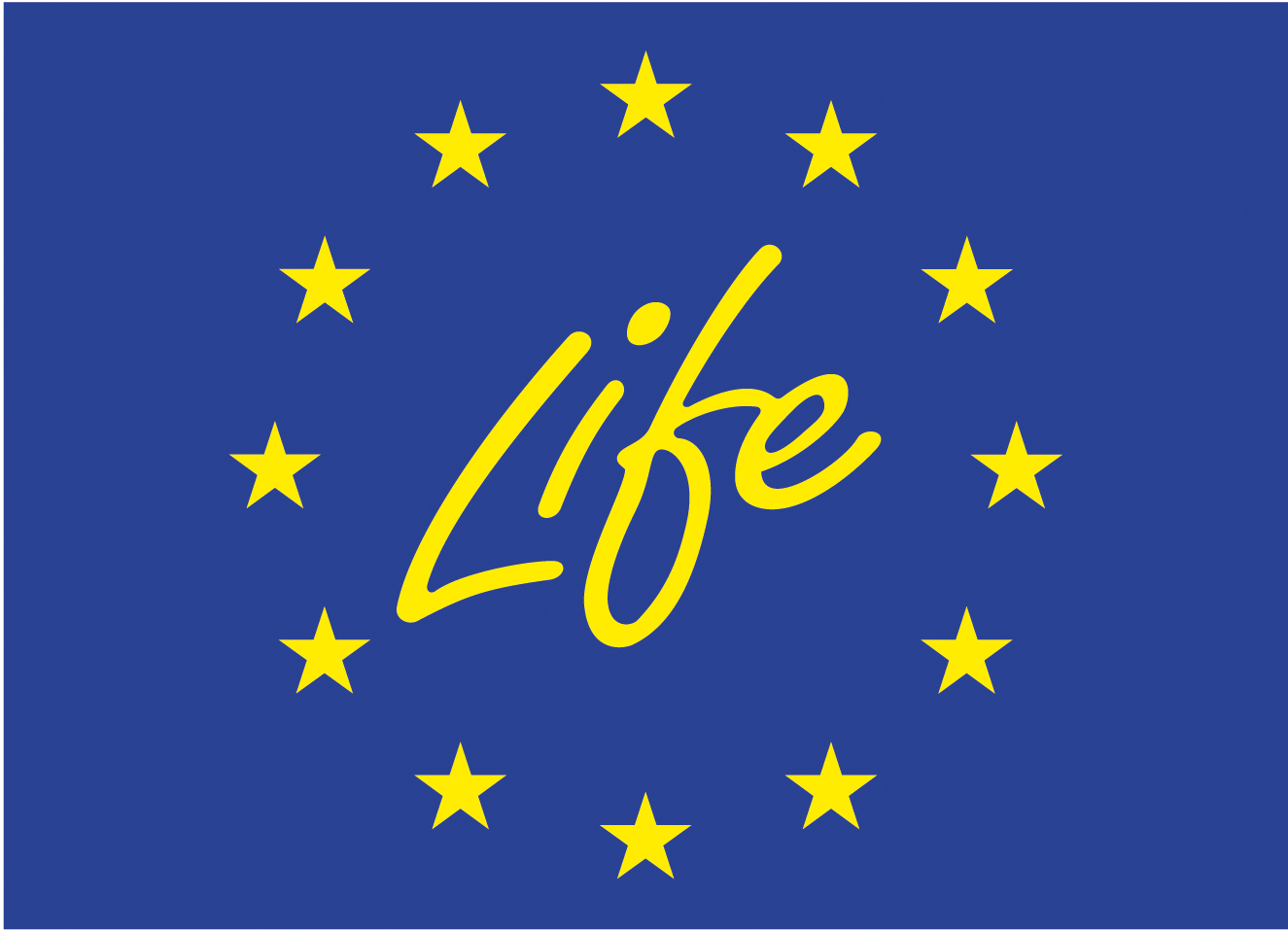The project aims at developing and delivering innovative, reliable, rapid and cost effective technologies of Tier 3 level for the on-site measurement of CO2, CH4 and N2O emissions and Soil Organic Matter (SOC) stock changes from agricultural fields at real time, in order to assist scientists, public authorities and policy makers in collecting, quantifying, evaluating, mapping and reporting spatial data for GHGs emissions and SOC stock changes from the Mediterranean agricultural sector. Devices can be installed permanently at individual fields or group of fields.
This will be achieved through the:
- development and demonstration of an innovative LIDAR device for large scale GHGs measurement
- development of a methodology for the identification of SOC stock changes which combines the use of multispectral cameras and soil/crops analyses,
- development of a GIS-based Web platform (Center of GHGs Monitoring and Management-CMM) for collecting, processing and spatially mapping GHGs and SOC data from cultivated fields at national level using the innovative devices, enhancing the use of spatially-explicit data to identify land use and land use change as well as the development of a network of monitoring systems throughout Med/EU.
ClimaMED aims also to:
- Improve reporting of GHGs emissions and SOC changes by developing GHGs/SOC measurement Protocols, based on the collection of real time spatial data, in comparison to the current accounting Tier 1 methodology,
- establish an Operational Center for the monitoring of GHGs emissions and SOC changes from fields at the Greek Ministry of Rural Development and Food and develop (1) a draft legislative act for the Greek Parliament to adopt the relevant CimaMED proposals/outputs; (2) three proposals for respective legislative acts in Italy, Spain and Cyprus,
- identify the relation between agricultural practices and GHGs emissions as well as with SOC stock changes for the most important Med agricultural products, i.e. olive trees, grapes, cereals, pistachios and vegetables,
- develop and establish a certification system (e.g. green certificates, low carbon certificates) for products with low footprint based on real time measurements to award “green farmers”,
- facilitate and incentivize behavioural change at local and regional level by providing additional initiatives to farmers for the transition to low GHG emissive agricultural practices through the Greek Ministry.









